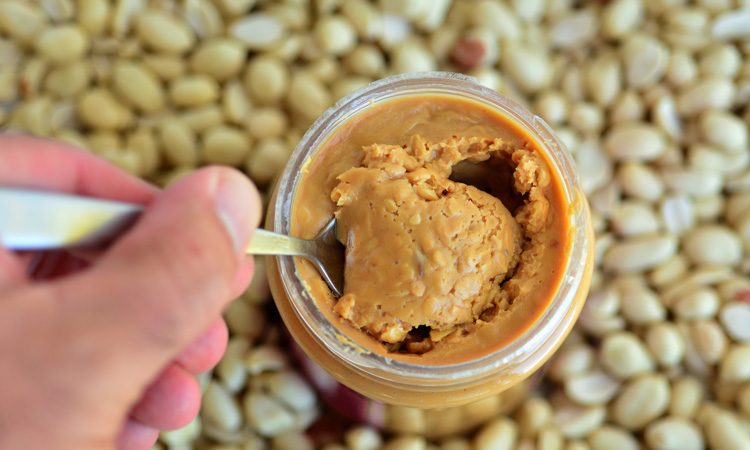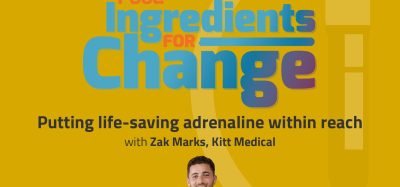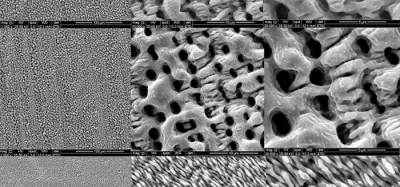Peanut immunotherapy only effective if consistent, according to study
- Like
- Digg
- Del
- Tumblr
- VKontakte
- Buffer
- Love This
- Odnoklassniki
- Meneame
- Blogger
- Amazon
- Yahoo Mail
- Gmail
- AOL
- Newsvine
- HackerNews
- Evernote
- MySpace
- Mail.ru
- Viadeo
- Line
- Comments
- Yummly
- SMS
- Viber
- Telegram
- Subscribe
- Skype
- Facebook Messenger
- Kakao
- LiveJournal
- Yammer
- Edgar
- Fintel
- Mix
- Instapaper
- Copy Link
Posted: 11 November 2019 | Sam Mehmet (New Food) | No comments yet
Researchers from King’s College London have said that their study shows immunotherapy – the gradual introduction of the allergen into the individual’s diet – offers “protection but not a cure” for peanut allergies.


Treating peanut allergy with regular exposure to small amounts of the food is effective – but only if a patient stays on the therapy, a study has suggested.
It is estimated that approximately one in 50 children in the UK has a peanut allergy. King’s College London scientists have looked at the underlying behaviour of patients’ cells, and found it did not change.
In immunotherapy people are given a small amount of the substance they are allergic to every day with the goal to eventually build up a tolerance.
It is said to work by prompting the immune system to produce antibodies that reduce the body’s allergic response, so if someone is accidentally exposed to a small amount of peanut in a real-life scenario, they can tolerate it and are less at risk of a serious reaction.
More than 100 people in the UK are taking part in trials of the treatment, though it is not yet available on the NHS.
Researchers from King’s and Evelina London Children’s Hospital wanted to see how cells behaved, so they could determine whether patients were still allergic and if they needed to continue treatment or if they were no longer allergic and could eat peanuts without risk.
The study tested samples from 14 patients before and after treatment. Results showed that if the antibodies were removed, the allergic cells reacted in the same way as they had done before treatment.
“Definitive treatments for peanut and other food allergies are highly needed,” said Dr Alexandra Santos, study lead.
“Currently, immunotherapy is the only treatment option we can offer peanut allergic patients. The question was whether the immunotherapy could switch off the allergic response.
“Some patients and parents hoped they would be able to eat the food but this will only be able to give them protection against accidental exposure.”
She said it was useful to be able to tell people the protection would continue only while they were on the immunotherapy.
Allergy UK clinical services head, Amena Warner, said: “Fear of a life-threatening severe allergic reaction (anaphylaxis), anxiety and stress associated with managing a peanut allergy has a serious impact of quality of life.
“Having new treatments to address risks of accidental exposure by tolerating small amounts of peanut protein can bring hope to those affected by peanut allergy.
“This may not be a cure (hopefully one day one will be found) but immunotherapy is a positive step in providing a treatment to give a level of protection where previously one had not existed.”
Related topics
Allergens, Food Safety, Health & Nutrition, Research & development
Related organisations
Allergy UK, Evelina London Children's Hospital, King's College London









